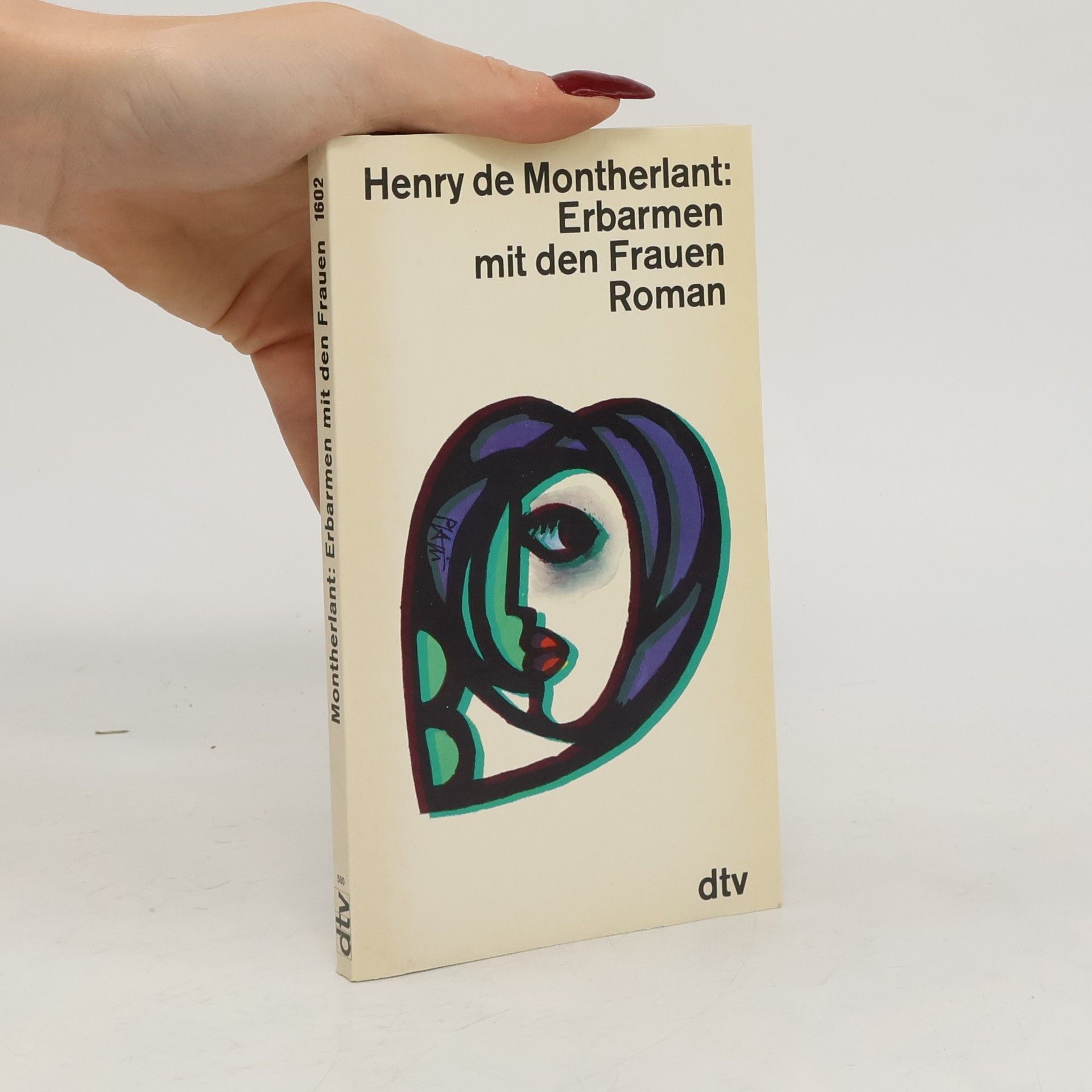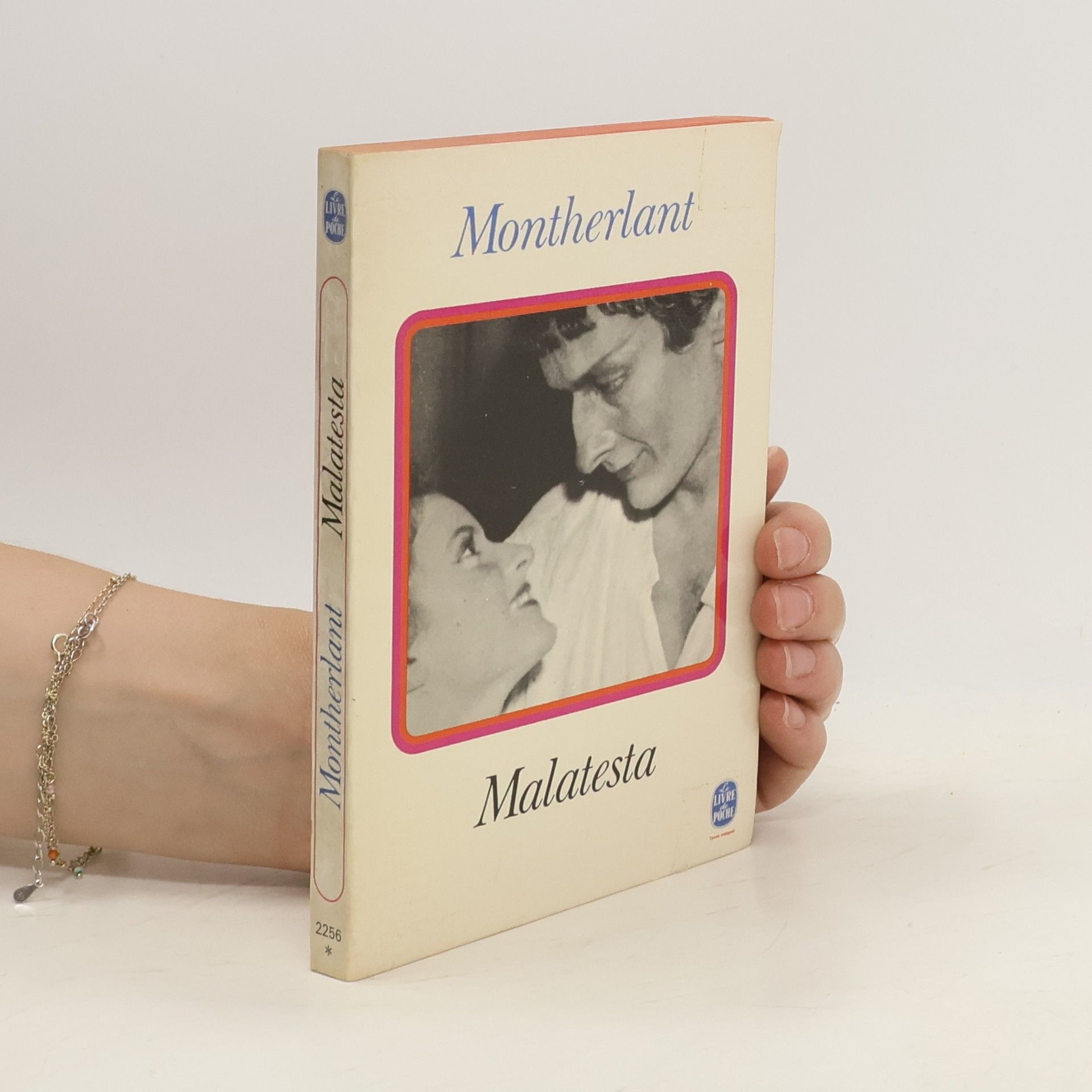Henry de Montherlant Libros
Henry de Montherlant fue un novelista, dramaturgo, ensayista y poeta. Miembro de la Academia Francesa, es considerado uno de los grandes escritores del siglo XX, a la par de Proust o Céline. Sus obras exploran temas como el honor, la infancia, la amistad y la masculinidad, ofreciendo perspicaces observaciones sobre la condición humana. La prosa distintiva de Montherlant y su exploración de complejos paisajes morales lo convierten en una contribución significativa a la literatura francesa.

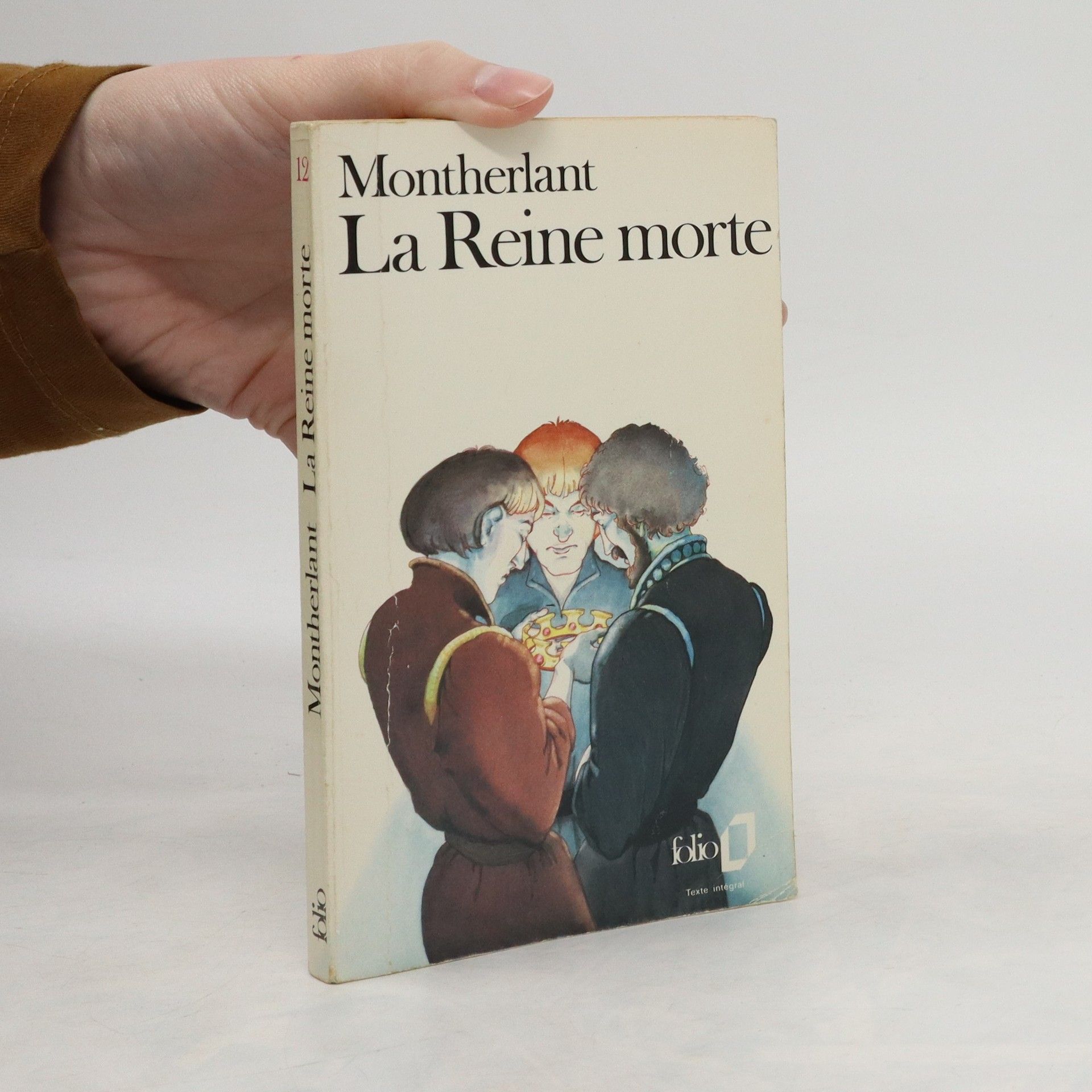

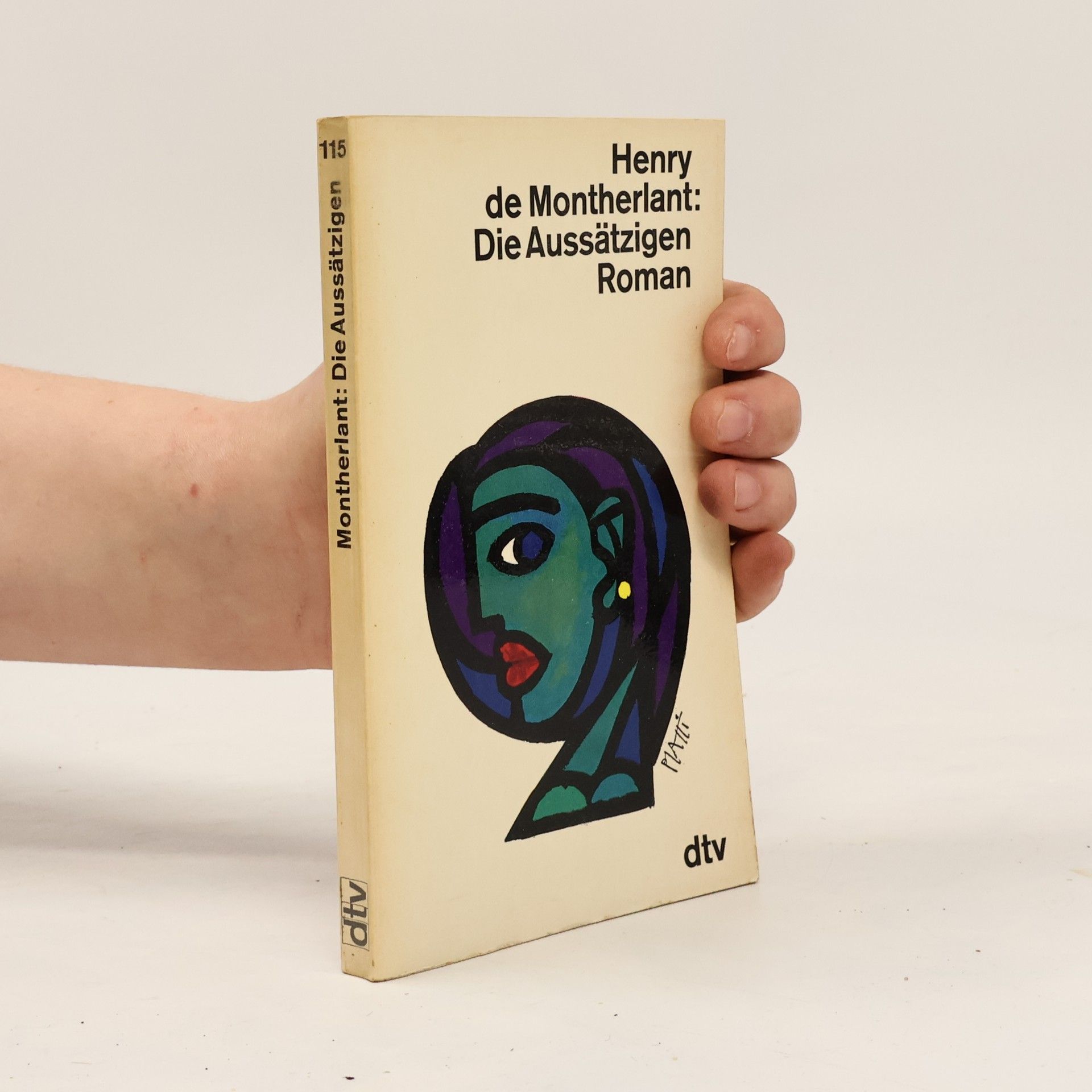
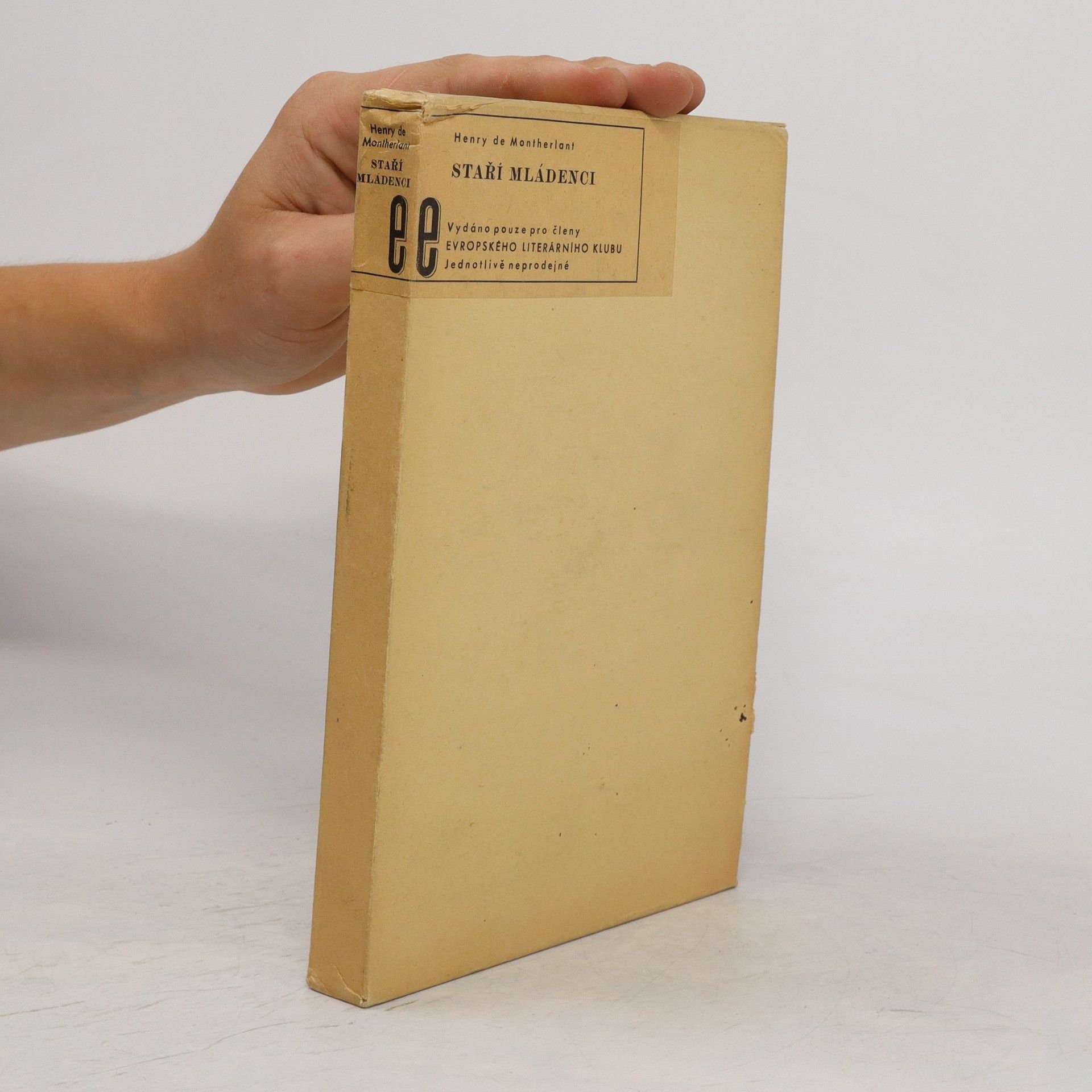


Historický román z počátku 20.století popisující poměry ve Francii.Osudy dvou chudých šlechticů,jejich boj s chudobou i nepřízni svého okolí. Vyšlo jako 2.vydání pro členy Evropského literárního klubu.
Es ist sinnlos, jemandem, der es nicht unvermittelt begreift, zu erklären, warum das Nutzlose nicht das Sinnlose ist. Und noch viel sinnloser ist der Versuch, denjenigen, die im Kalkül verbleiben, das Nutzlose als das Eigentliche vorzustellen. Nur dann, wenn ich nicht nach der Wirkung schiele, bin ich ganz bei mir. Und so steckt im nutzlosen Dienen eine ebenso tragische wie wunderbare Lebenserfüllung. Denn das Nutzlose ist das, was nicht verwässert werden kann, was nicht en vogue ist und so jenen, der nutzlos sein Bestes gibt, eigentümlich auszeichnet: Das Nutzlose nämlich wird um seiner selbst willen betrieben, und wenn es vollendet ist, ist es gut – unabhängig davon, ob es etwas austrägt. „Was mich aufrecht hält auf den Meeren des Nichts, das ist allein das Bild, das ich mir von mir selber mache“, notierte Henry de Montherlant in diesem Sinne knapp und programmatisch. Er lebte von 1895 bis 1972 und verfaßte Romane, Novellen und Essays, Erzählungen, Theaterstücke und Gedichte, Aphorismen und Tagebücher. Die fünf hier verfügbar gemachten Texte sind eine Auswahl aus dem 1939 in Leipzig erschienenen Band Nutzloses Dienen. Die Übersetzung erfolgte damals durch Karl Heinz Bremer, der 1943 an der Ostfront fiel. Sie ist unverändert übernommen. Mit dem Vorwort „Sinnloses Erklären“ von Götz Kubitschek.
La Reine morte : drame en trois actes
- 184 páginas
- 7 horas de lectura
C'est pendant la guerre, avec la création de La Reine morte, que Montherlant, célèbre depuis une vingtaine d'années déjà pour ses romans et ses essais, se fait connaître sur la scène française. Persuadé que la tragédie est l'une des clefs pour déchiffrer l'énigme des agissements humains et des rapports entre les êtres, Montherlant ressuscite avec La Reine morte la grande tragédie, mêlant conflits politiques et affrontements familiaux, dressant pour l'éternité dans une lutte à mort le fils contre le père. On connaît l'argument : un roi, très malade, fait tuer la femme, Dona Inès, que son fils Don Pedro a épousée secrètement. Il meurt devant le cadavre de «la reine morte».

